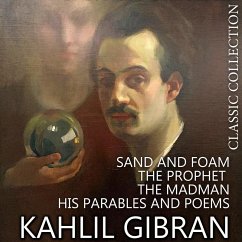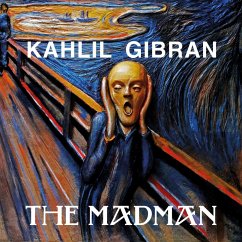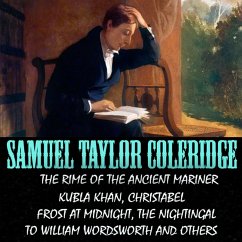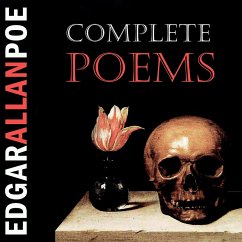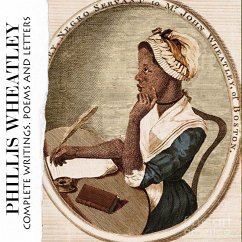
Sand and Foam (MP3-Download)
Ungekürzte Lesung. 58 Min.
Sprecher: Coates, Peter

PAYBACK Punkte
0 °P sammeln!
Kahlil Gibran is the third best-selling poet of all time, behind Shakespeare and Lao-Tzu. Sand and Foam is a book of aphorisms, poems, and parables by the author of "The Prophet" - a philosopher at his window commenting on the scene passing below. In the Arab world, Gibran is regarded as a literary and political rebel. His romantic style was at the heart of a renaissance in modern Arabic literature, especially prose poetry, breaking away from the classical school. In modern Lebanon, he is still celebrated as a literary hero.
Dieser Download kann aus rechtlichen Gründen nur mit Rechnungsadresse in A, D ausgeliefert werden.



